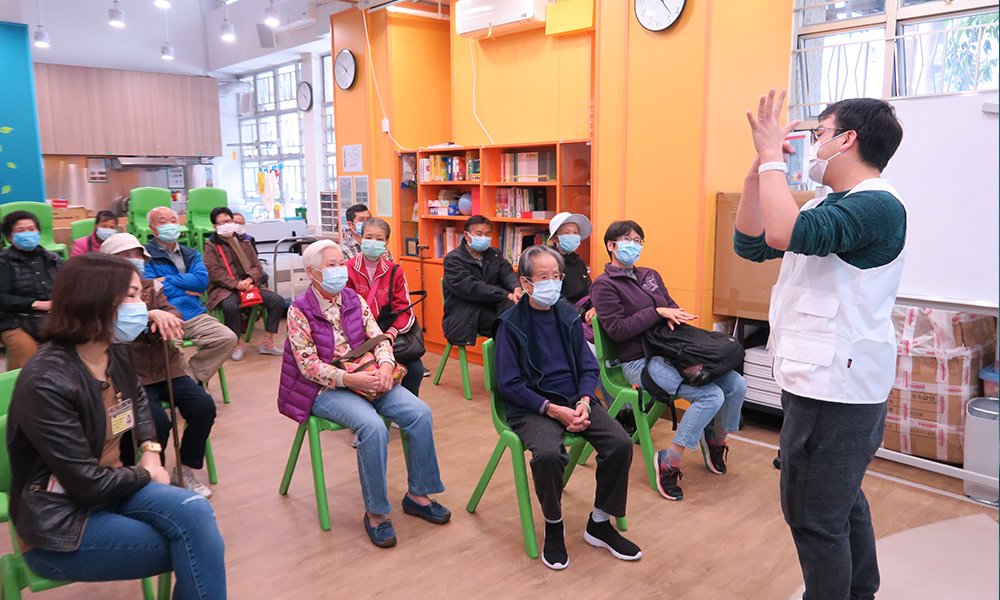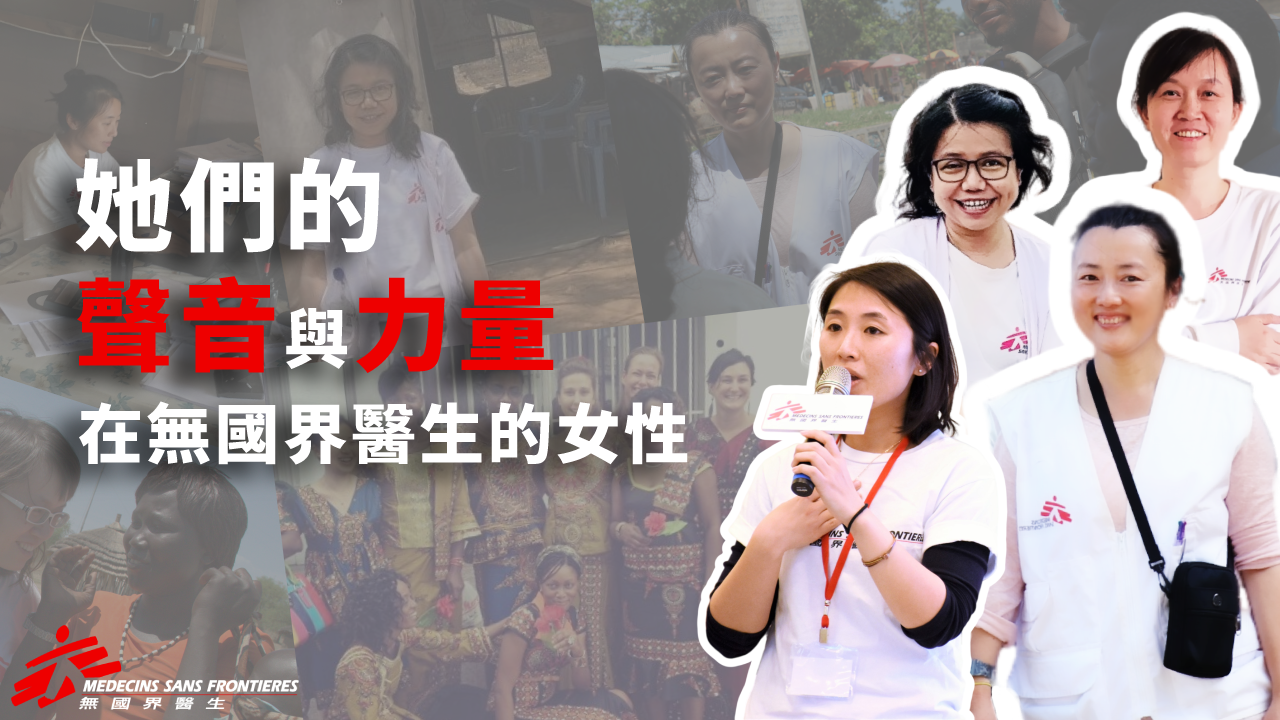In the time of COVID-19: How are you?


“How are you?” is the question I used to start the Médecins Sans Frontières (MSF) health education and mental health workshops in Hong Kong on coronavirus disease (COVID-19) for the vulnerable populations in the past three months. Whether they are the elderly who live on their own, refugees or street cleaners, their answer is the same, “I am not afraid of being infected. But I am worried that I would infect my family.” It always made me sad.
COVID-19 is a new disease and we are navigating unchartered waters: no cure or vaccines available yet, not to mention in a short time. "Quarantine" has become synonymous to our daily life. Everyone has the risk of being infected. Yet for some people, their greatest concern has never been their own safety, but knowing their loved ones are safe and sound.
Don't forget to breathe deeply
In the time of COVID-19 pandemic, our daily routines are disrupted. Many people would get stuck in a deep dark hole. Jen is one of them. She joined our workshop for the elderly and shared that with the anxiety and stress resulted from the outbreak, she even forgot to watch her favourite early morning TV programme. The invisible pressure has been affecting her life and her motivation for having fun.
Stress sometimes can motivate you but if it starts getting in your way of living your life, it is important to give yourself some breathing space at the right time. When under pressure, we can't relax a tightened muscle nor can we easily slow down our fast heartbeat. However, we have a control over our breathing pace.
Me and my team shared a simple deep breathing exercise with Jen: we asked her to close her eyes and to spend one minute focusing on deep breathing. Then we asked her to inhale through her nose for five seconds, then exhale through her mouth for five seconds. These steps are so simple, free yet powerful to relax her mind and body. Anyone can do it anytime and anywhere. Sometimes, when we are clouded with stress and anxiety that we even forget how to breath properly and the benefits it brings.
Is the orange juice sour or sweet?
During the workshop, we asked Jen and her other friends to spend 10 minutes to enjoy a glass of orange juice. First, they spent five minutes to observe and smell a glass of orange juice. Then we asked them to recall the orange juice they drank last time: what does it taste like? How much did you drink? How long did it take?
As they were digging into their memories, many of them said, “My mouth is watering!" Finally, they tried the orange juice. Similar to wine tasting, they were only allowed to have a sip and swirl it around to make sure their mouth is full of the sour taste of the juice for a while before swallowing.
This method is called "mindfulness." The process allows them to take a break from things that worry them temporarily by focusing on the things they like. When I saw their smiling faces, I know it worked.
As we are facing the outbreak, many of us may feel scared or even helpless. But all of these are normal reactions. On days like these, it helps to remember your previous experiences in overcoming the difficulties you’d faced, finding the extraordinary things in your ordinary day, and trying to see things in another perspective. Little things as simple as focusing on deep breathing and savoring your next glass of orange juice, could have a big impact. Or a simple “how are you?” greeting to someone next to you is worth a thousand words in the time of COVID-19 pandemic.
MSF has started an operation soon after the COVID-19 outbreak started in Hong Kong in late January. Our team has conducted more than 26 health education sessions and mental health workshops on COVID-19 for the vulnerable populations in the community, such as the elderly, homeless people and the visually impaired persons. Frankie Chan is one of the MSF health promoters.






發表評論